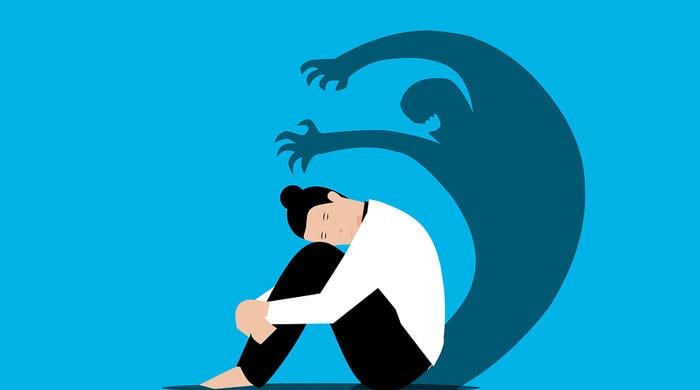‘Baby Reindeer': Understanding abuse & stalking from a psychological lens
'Baby Reindeer' followed harrowing themes such as stalking and abuse, inspired by Richard Gadd's real life
May 14, 2024
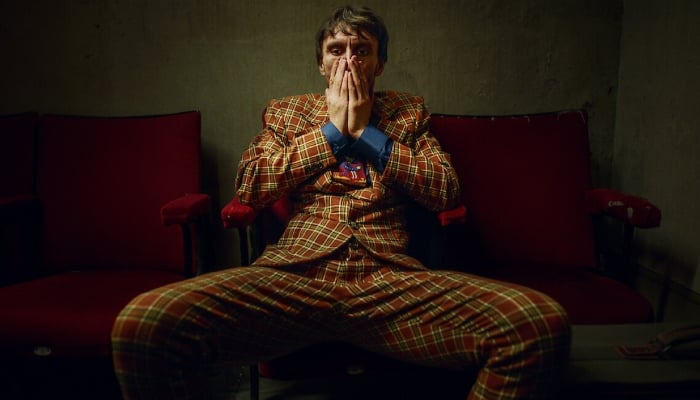
There's infatuation, there’s obsession, and then there’s Martha’s “love” for Donny Dunn in Baby Reindeer.
No matter how much you admire someone, but would you go as far as sending them 41,071 emails, 350 hours of voicemails, 744 tweets, 46 Facebook messages and 106 pages of letters?
Well, Martha did, according to Richard Gadd, who re-enacted his real-life experience, as Donny, of being stalked by a Scottish middle-aged woman when he was in his 20s.
For those unversed, it all started with an act of kindness when an upset Martha walked into a pub one day and Donny offered her a drink on the house.
She then went on to follow him everywhere, sent him thousands of messages from her “iPhone,” sat outside his home for hours, attended his comedy shows, attacked his girlfriend, and even groped him once.
So, the question here is, why was Martha the way she was and how can you explain the psychology behind her mind and actions?
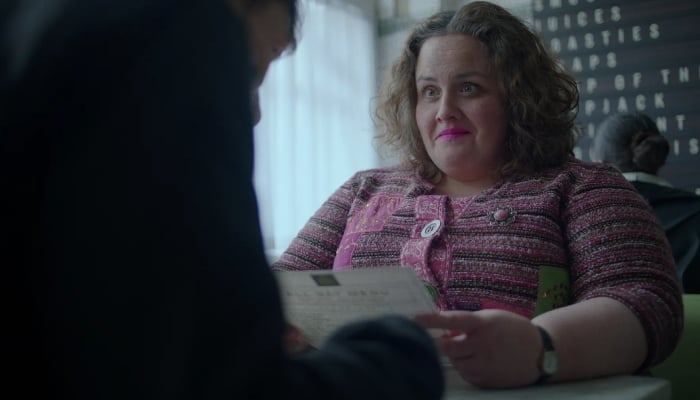
“It varies from stalker to stalker. In most cases regarding stalking, we see that there is a larger occurrence of domestic stalkers. When a family member, ex-partner, or other household member intimidates or harasses another household member, it is known as domestic stalking,” says Haya Najam, 23, who holds an MSc degree in Applied Psychology.
“They are driven by the idea that ‘If I can’t have you no one can.’ However, the type of stalking we see Martha portraying is far more complex. Firstly, we see the portrayal of an endless obsession. Most fixations or obsessions arise when one is attempting to fill a void in their life. They fixate on something or someone that reminds them of what they've lost. This is very apparent in Martha,” Haya added.
Intentional misinterpretation:
In the show, we also see Martha constantly misinterpreting Donny’s actions and words despite him making it very clear that he is not interested in her at all. If anything, we see her obsession with him growing even more after confrontations.
“Although there is not enough information regarding Martha and her past to diagnose her, there are signs of a delusional disorder like erotomania (a delusional belief that someone else is in love with them despite evidence to the contrary), along with symptoms of bipolar disorder,” Haya shared.
She further pointed out that the severe manic episodes in which Martha sends numerous emails and voice messages, and sits in front of his house all day, completely catatonic, depict bipolar disorder symptoms.
“The constant fear of abandonment, impulsive and aggressive behaviors, and most of all a need to feel in control are symptoms associated with borderline personality disorder, which we also see in Martha throughout the show,” Haya deduced.
Danger you know vs Danger you don’t know:
Martha wasn’t the only ordeal in Donny’s life, as the series also had a plot of him getting sexually abused by Darrien O’Connor, played by Tom Goodman, a higher up in the entertainment industry.
In the show, we see Donny going over to Darrien’s house frequently in hopes of finding work as he shows interest in his comedic talent. The visits turn dark once Darrien starts giving Donny hard drugs to make him unconscious and then sexually abuse him.
However, in the last episode of the show, we see Donny going back to Darrien despite knowing what he did to him which puzzled most viewers; why would he go back to his abuser?
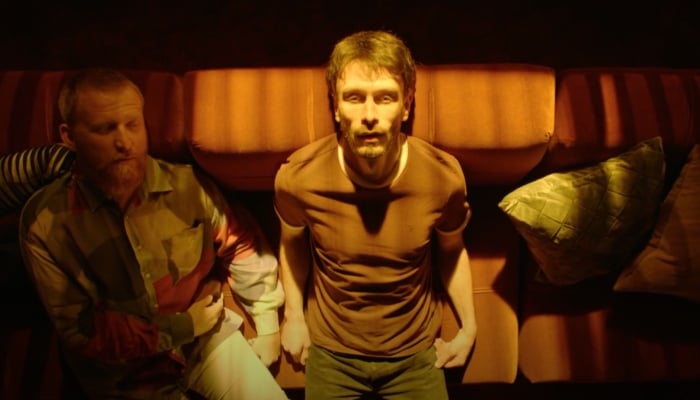
Huda Nadeem, an associate clinical psychologist with Hope and Cope Psychological Services, explains that while it can be described as “an aspect of Stockholm Syndrome,” Donny only went back to Darrien because of predictability.
“The psychology behind this is pretty simple. We tend to go back to the people we know have hurt us because there is a sort of predictability there. You know this person has hurt who but you know they will also give you what you need,” she explains.
Huda, who is also a lecturer at the Institute of Professional Psychology, further added, “This is why people also stay in abusive relationships. If someone has seen their parents being abusive towards each other, they might end up choosing a partner who depicts the same tendencies.”
“We seek patterns and predictability everywhere because that becomes more attractive to us because we know how to deal with it. So, you choose the danger you know over the danger you don’t know,” Huda continued.
An undertone of empathy:
The last scene of Baby Reindeer’s final episode shadows a full circle moment when Donny doesn’t have money to pay for his drink at a pub and the waiter tells him not to worry about it and gives it away for free; just like Donny had offered to Martha in the beginning of the show.
His final glare at the bartender depicts as if he finally got an idea of how it all started for her.
The scene also sees a teary-eyed Donny playing a voice note by Martha in which she explains that she called him “baby reindeer” because that was her favorite toy which made her feel safe as a child when her parents would fight a lot.
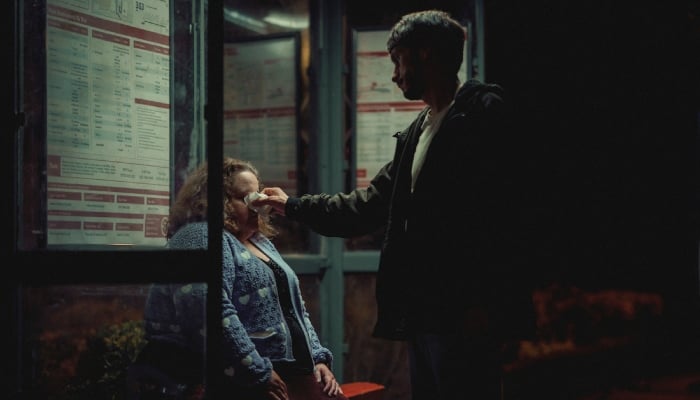
“Mental illness is a spectrum and the severity of an illness varies from person to person. Martha was not a villain; she was mentally ill and a product of her childhood experiences and environment,” Haya explained.
She further stated, “The undertone of empathy towards Martha, a convicted serial stalker, throughout the show is brilliant. Our need for approval, love, and care can take precedence over every logical part of ourselves. And that is what we see in Donny, the victim, who despite being stalked by Martha empathizes and relates with her till the end.”







